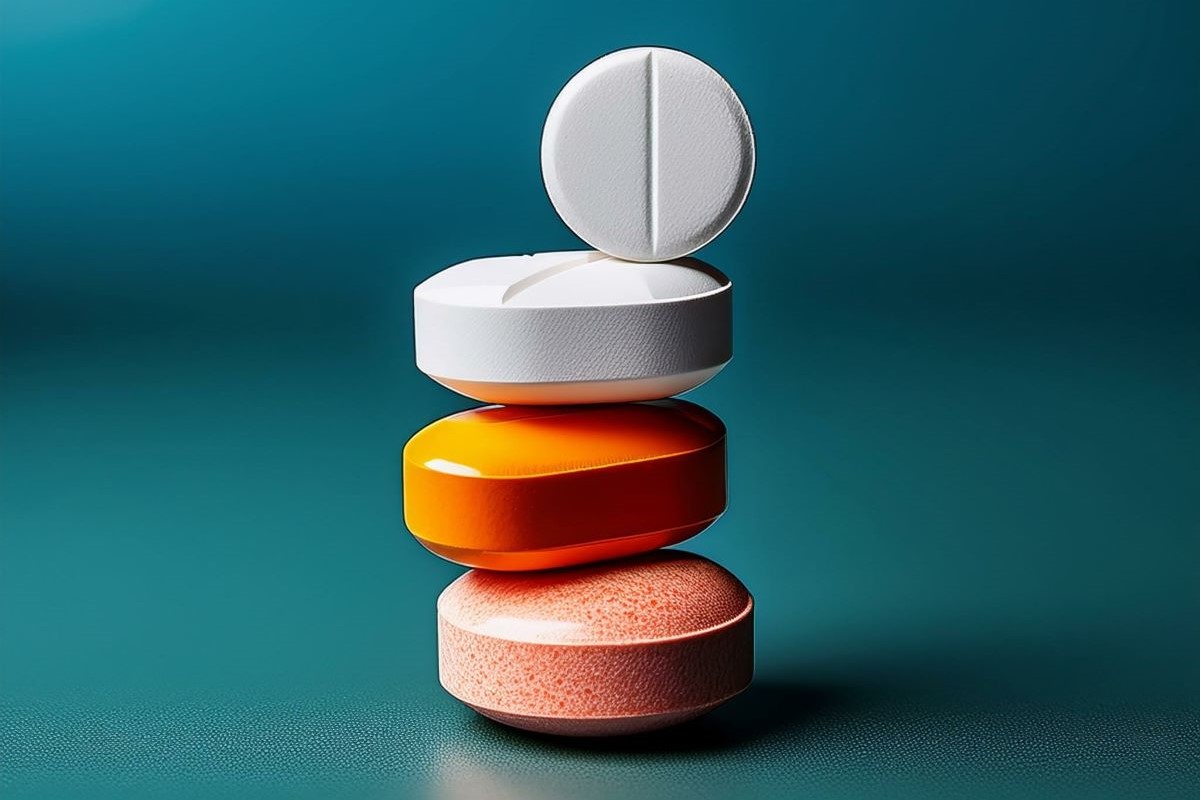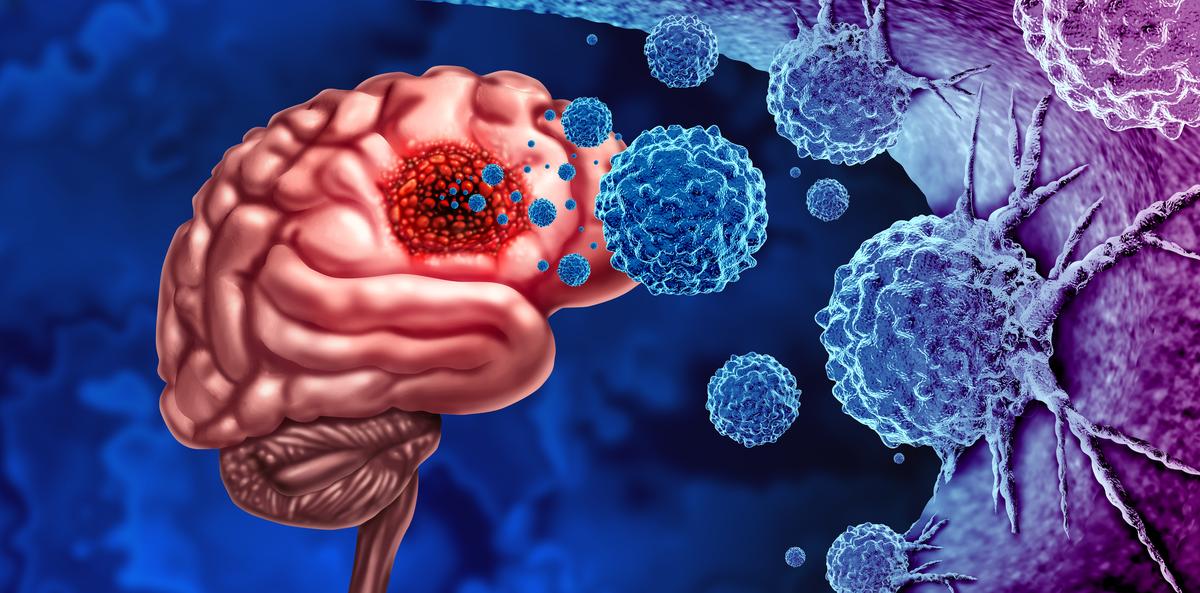
Pharmaceutical companies are using the citizens of lower-income countries as guinea pigs to test cutting-edge drugs headed mainly for the United States and other well-off nations, a new study says. Only a quarter of medicines tested in other countries wound up available to the citizens there within five years of the drugs’ approval by the… read on > read on >


















